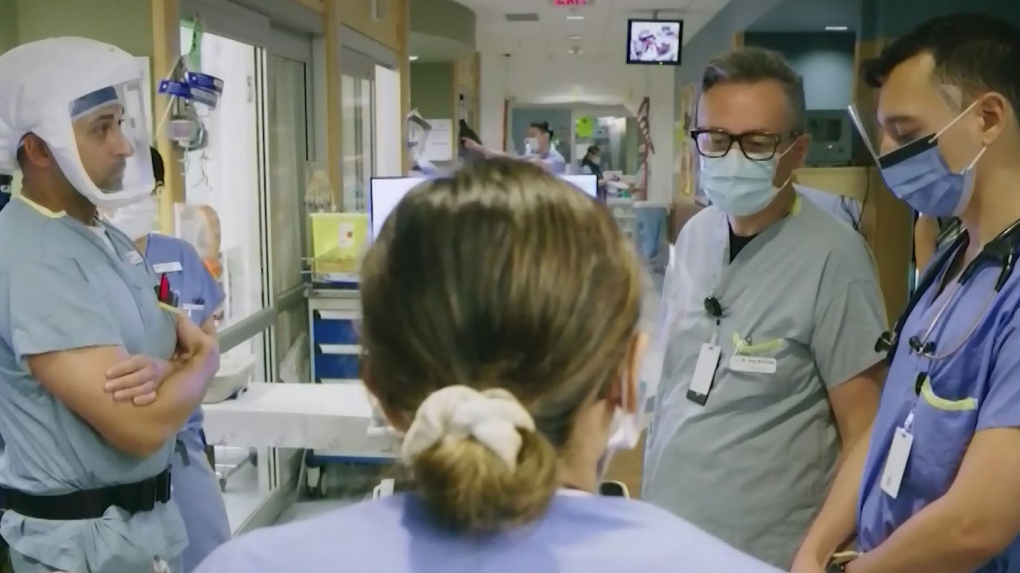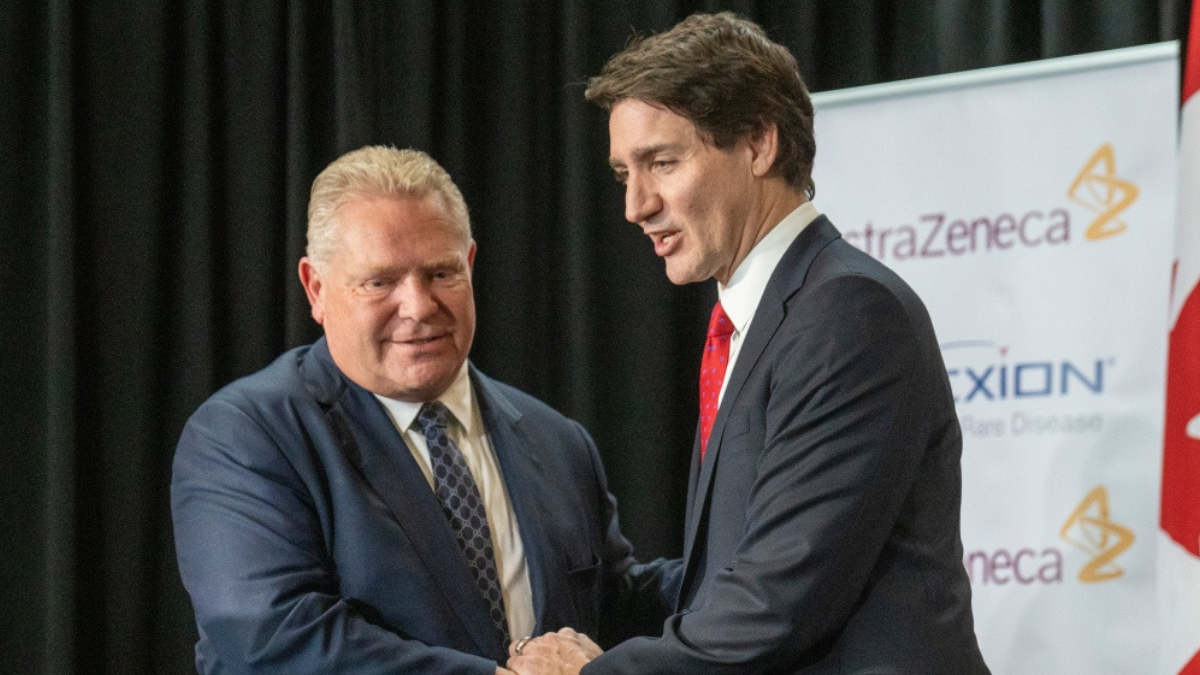On Friday, Ontario Premier Doug Ford and Prime Minister Justin Trudeau inked a deal outlining the province’s requirements for using $3.1 billion in federal funds designated for health care. The provincial government is required to establish new primary health-care teams, comprising family physicians, nurse practitioners, nurses, chemists and social workers, as part of the agreement. Additionally, the province plans to upgrade digital infrastructure throughout the system to better its recording and reporting of health data, and it will create 700 more spaces in medical education programmes, including 70 in Northern Ontario. Alberta, Nova Scotia, British Columbia, and Prince Edward Island are the other provinces that have agreements.

Trudeau’s office affirm importance of Universal Healthcare
Trudeau’s office conveyed in a news release that universal public health care embodies a fundamental aspect of Canadian Identity, ensuring access to necessary care regardless of residence or income. However, the release continued, expressing regret that the healthcare system has not met anticipated standards.
Government Funds addressing Healthcare Needs in Ontario
More than a year ago, the federal government of Canada said that its bilateral agreement with the province of Ontario includes $8.4 billion and a one-time top-up of $776 million to address critical needs in pediatric hospitals and emergency departments. Provincial agreements included boosting mental health and drug abuse assistance, decreasing backlogs in medical treatment, increasing access to family health services, and updating healthcare systems with digital technologies. According to ministry sources, the $3.1 billion pledged on Friday would pay for the first three years of this contract.

Ontario’s Healthcare Commitment
In order to address staffing shortages, Ontario has committed to hiring thousands of nurses and personal support workers in addition to hundreds of additional family doctors and nurse practitioners. In addition, the funds will be utilized to close access to medical care for Indigenous people, establish five new Youth Wellness Hubs, and remove obstacles for physicians with foreign training.
Funding Vital for Stability of the Healthcare System
The increased funding, according to family physician and anesthetist Dr. Nadia Alam, former president of the Ontario Medical Association (OMA), might “stabilize” the health-care system if it is used wisely. “Our health-care system is in dire straits and right now it feels like we are moving the furniture around while the house is on fire,” she told CBC Radio’s Metro Morning on Friday. “When the province spends money wisely, and carefully, injecting it not just to put out fires but to actually think long term, we have the potential to do so much to save a very broken health-care system,” Alam added.

OMA Grateful for funding, Stresses Structural Solutions
In a similar vein, the agreement includes federal financing to assist the province’s proposal to facilitate the employment of foreign-trained health workers in the province and grant automatic licensure to health professionals licensed elsewhere in Canada. In a statement, the OMA, which represents physicians in the province, expressed gratitude for the increased financing but emphasized that more will be required to solve the system’s serious structural problems. In a statement, Dr Andrew Park, President of the OMA, emphasized the importance of addressing immediate concerns while also advocating for a sustainable, long term funding framework to address systemic issues and prepare for the challenges posed by an aging and increasingly medically complex patient demographic.
Delay in Healthcare Funding Agreement
In a statement, MPP France Gelinas, the NDP’s health critic, underscored the prolonged wait endured by Ontarians for the Ford Government to finalize the agreement for federal funding to bolster the healthcare systems. During this period, she noticed many residents have grappled with issues such as overcrowded emergency rooms, overloaded ambulances and challenges in accessing primary care physicians. Gelinas added that the signing was long overdue.
In a report published late last year, Ontario’s auditor general discovered that there were 203 temporary closures of emergency departments around the province between July 2022 and June 2023. Amidst the strain on the system, the survey discovered that one in five patients who attended ERs did so only because they lacked a family doctor and did not require urgent treatment.



